Top 9 Famous Foreigners in Chinese History
Today, China has plenty of foreign celebrities and heroes well-known to Chinese people. These people include Dashan, or Mark Roswell of Canada, Julien Gaudfroy of France, and many other people who are famous for their mastery of the Chinese language and appearances on Chinese TV. They are not, however, the first foreigners to gain fame in China. Many people have come to China and made major contributions beyond just being entertainers. Over the centuries, many foreigners have made their name in China as scientists, reformers, scholars, and leaders. Here are some notable foreigners who have played big roles in China and are widely respected by Chinese people.
1. Matteo Ricci
As an Italian Jesuit priest and adviser in China during the Ming dynasty, Ricci was a highly accomplished and influential scholar in many fields. He learned Chinese and mastered Classical Chinese. As one of the most fluent speakers of Chinese, Ricci also learned Chinese customs and made advances in cartography, astronomy, and theology. He converted many Chinese to Christianity, and informed Koreans about Christianity, helping to spawn growth of Christianity in Korea. The KunyuWanguoQuantu, or Map of the Myriad Countries of the World, was a beautiful and detailed map Ricci created that gave Chinese knowledge of the world, and was also viewed by many Japanese people to give themselves an idea of the world beyond Japan.
2. Marco Polo
With his father and uncle, Marco Polo journeyed from Venice to China, which was then ruled by the Yuan dynasty. He befriended Kublai Khan, and became a trusted and important adviser to the Chinese. Polo then wrote about his travels to China and all the amazing things he had witnessed there, such as paper money, jewels and gold, and trade in spices. His descriptions of China inspired many Europeans to travel and explore the world beyond Europe, and informed much knowledge of China for centuries.
3. Edgar Snow
Edgar Snow worked as a journalist and wrote about Chinese history and politics extensively. He interviewed Mao Zedong and was instrumental in sharing much information with people outside China about the struggle between the Nationalists and Communists, and fostered support for Mao. Snow is best known for his book Red Star over China, which documented the Communist Long March and their attempt to defeat the Nationalists and rule China.
4. Norman Bethune
For decades, Norman Bethune was much better known in China than in his home country of Canada. During the 1930s, Bethune came to China to work as a doctor for the Communists. He performed many surgeries, invented new medical devices and procedures, and tried to work in medicine as someone motivated by kindness instead of money. Bethune died of blood poisoning while working in China.
He has statues, medals, schools, and many other objects named in his honor in China and Canada. While he was treated as one of China’s greatest heroes, Bethune was very obscure in Canada. In recent years, the Canadian government has done more to recognize Bethune and praise him as one of the world’s most famous Canadians.
5. John Fairbank
John Fairbank was one of the most influential and prolific historians studying China during the twentieth century. He befriended many famous Chinese of his time, and educated many students of China to improve understanding and analysis of Chinese history and politics.
6. John Rabe
During the Rape of Nanjing in 1937, a German employee of Siemens AG and member of the Nazi Party named John Rabe risked his life to save the lives of approximately 200,000 Chinese people. Rabe made several unsuccessful appeals to Adolf Hitler to intervene and stop the Japanese invasion and destruction of Nanjing. He brought Chinese into the Nanjing Safety Zone, where refugees could receive food and medical care, and was responsible for coordinating efforts of Europeans and Americans to protect Chinese from Japanese invaders. He recorded his observations of the massacre and mitigated the death toll in Nanjing.
After the war ended, Rabe lost his job and his reputation was ruined because he had been a Nazi. He survived on food and money sent to him from grateful Chinese people. In recent years, Rabe has enjoyed an improvement in his name. People are beginning to recognize and praise his heroism, and he has been the subject of movies, books, and is viewed in the same way as Oskar Schindler is viewed today.
7. Claire Chennault
The Flying Tigers were a group of American pilots who flew missions to fight the Japanese during World War II. They were led by American aviator Claire Chennault, who organized hundreds of volunteers to defend China from Japanese air raids. Before the United States formally joined the war to fight against Japan, Chennault and his men were already fighting for the Nationalists, and even attempted to carry out bombings across Japan in 1941. Chennault argued frequently with Chiang Kai-Shek and Joseph Stilwell, and was relieved of his duties in 1944, but is still respected and admired by many Chinese today for helping defend their country.
8. John Leighton Stuart
For much of his life, Stuart viewed himself as more Chinese than American. He was a missionary, teacher, and diplomat who founded Yenching University in Beijing, and formed partnerships with Harvard University, Princeton University, Wellesley College, and the University of Missouri to improve scholarship and research. Stuart was fluent in Chinese, and was American ambassador to China from 1946 to 1952. He supported Chinese nationalism and efforts to strengthen China, and resisted Japan’s invasion of China. Many Chinese continue to remember him as a courageous and principled man who loved China and dedicated his life to giving Chinese better lives.
9. Joseph Stilwell
Nicknamed “Vinegar Joe” for his bad temper, Stilwell was a general in the Asian theater of World War II. He commanded American soldiers against Japan and fought alongside Chiang Kai-Shek. Stilwell was one of the most instrumental figures in winning World War II, and won many battles and campaigns for the Allies.

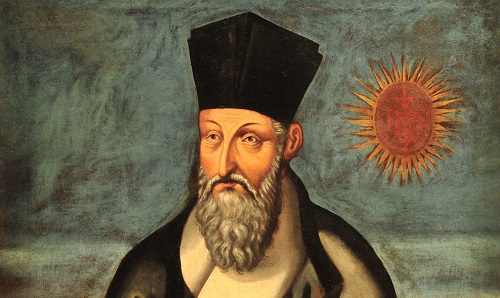
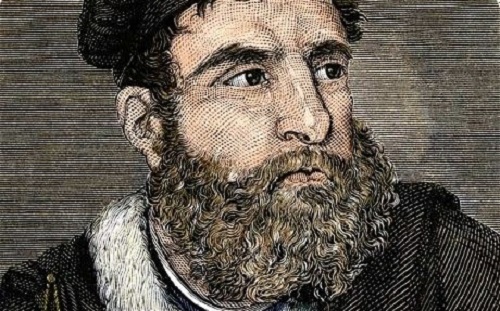
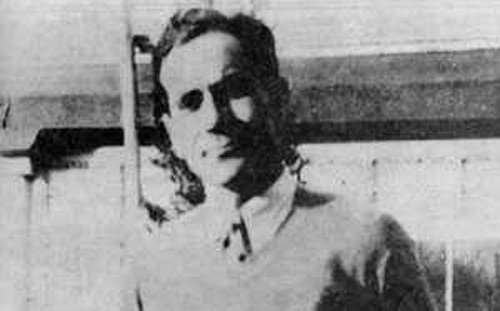
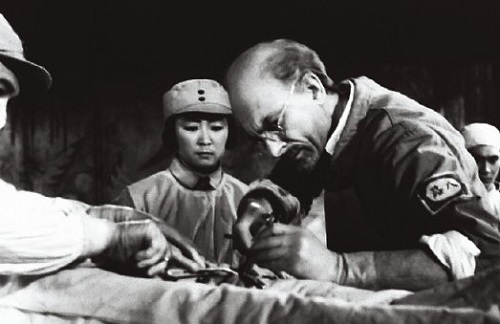
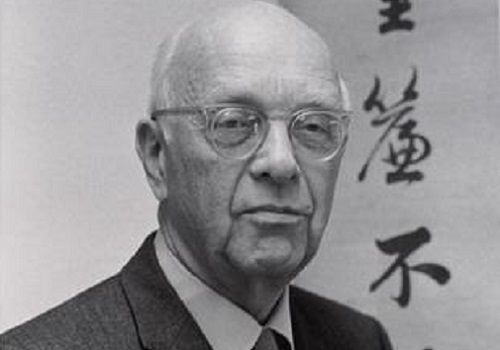
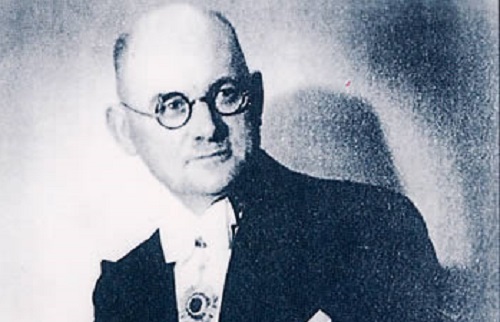
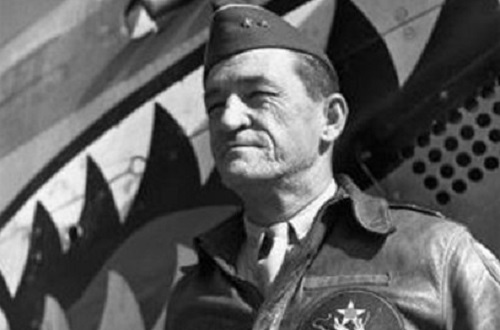
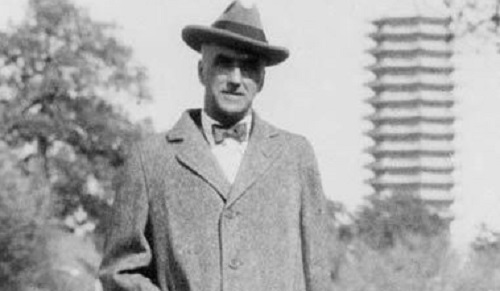
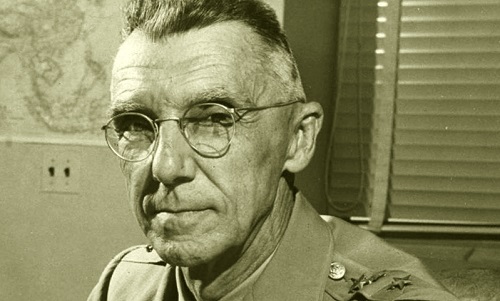

Im pleased to see Pearl Buck get a mention and what about Rewi Alley the famous political activist and Fire inspector in Shanghai and writer who translated many poems and writings from Chinese to English
A towering figure is missing: 马海德, Shafick George Hatem in English. American of Lebanese origin
First foreigner to join the Chinese Communist Party!
First foreigner to acquire Chinese nationality!
Only foreigner to gain the full trust of Mao Zedong and Zhou Enlai and be given authority on a scale never achieved by any other foreigner.
He eradicated leprosy (麻风病) from China. He was an outstanding surgeon and he learnt Chinese Traditional Medicine, which he mastered to perfection.
He lived a happy marriage life with his Chinese wife for about half a century!
His wife is already more than 100 years old and still living… She founded a foundation in his memory and is pursuing his mission.
While being a fervent adherent of Marxism ideology, he never stopped believing in God and frequently mentioned and praised God.
As a doctor, he always chose the toughest jobs and never refused any patient. He was selfless to the extreme.
He died at age 78 and is survived by a son and a daughter.
And only Westerners here. No Russians, for example, who put the biggest imprint on Chinese amongst all other foreigners. Yeah, well, this article just praise how nice Westerners are, Russians are evil now by Westerner propagandists.
How about Pearl Buck?
But other than that, well exposed and said, it needs to be told. So people don’t forget!
Enjoyed your article, Derek. Those respected individuals have all played significant roles in China.
I would propose, however, that you’ve missed THE most famous foreigner in Chinese history.
http://www.chinasimplified.com/2014/08/17/the-foreigner-who-most-influenced-china/
Stew